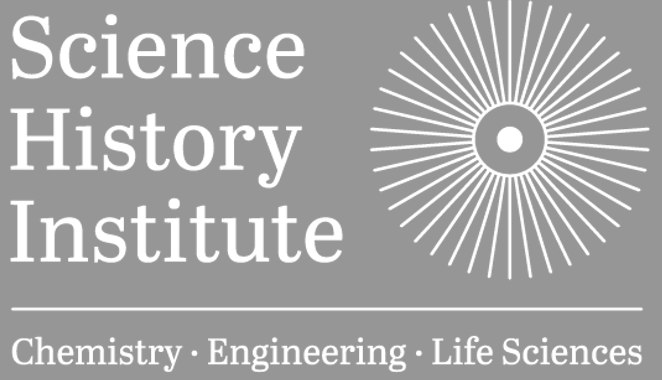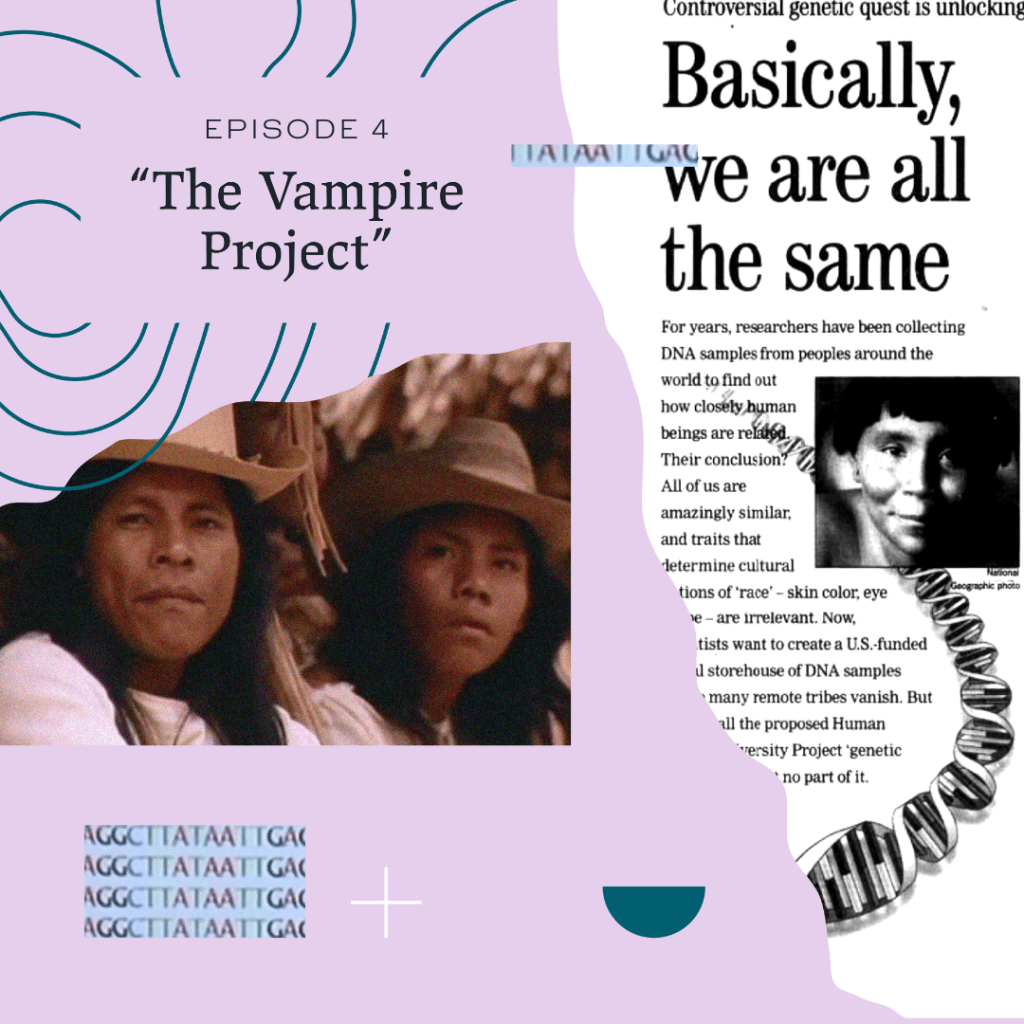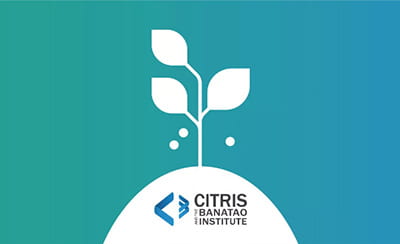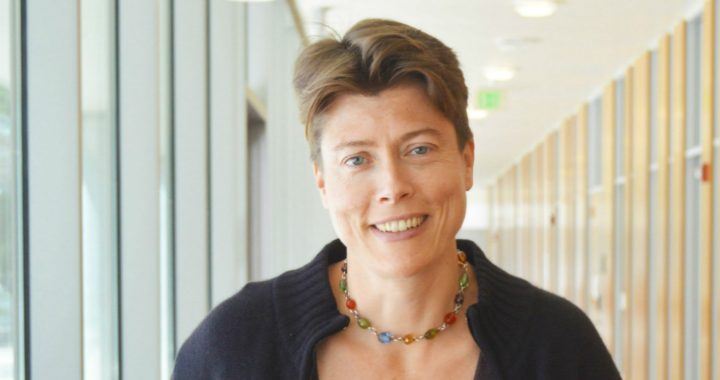Wednesday, May 01, 2019
4:00-5:30 PM
SJRC Common Room, Oakes 231
Join SJRC scholars in the SJRC Common Room for an open discussion of works-in-progress! This is a wonderful chance to engage with one another’s ideas, and support our own internal work.
At this session, we will hear from Professor of Sociology and SJRC Center Director, Jenny Reardon who will discuss her ongoing research involving biking through the prairies and small towns of Kansas. As she explained in the podcast launching of The Sociological Review, this is a project that was designed to develop embodied knowledge of the land and to find out more about attitudes towards contemporary US politics from the denizens of the prairies. By talking about how to know and care for the land with her interlocutors, she uncovers, layer by layer the interlocking effects of globalization, financialization and environmental change on how they live their lives. Join us to learn more about the current concerns surrounding Kansas land.
Jenny Reardon is a Professor of Sociology and the Founding Director of the Science and Justice Research Center at the University of California, Santa Cruz. Her research draws into focus questions about identity, justice and democracy that are often silently embedded in scientific ideas and practices, particularly in modern genomic research. Her training spans molecular biology, the history of biology, science studies, feminist and critical race studies, and the sociology of science, technology and medicine. She is the author of Race to the Finish: Identity and Governance in an Age of Genomics (Princeton University Press, 2005) and The Postgenomic Condition: Ethics, Justice, Knowledge After the Genome (Chicago University Press, Fall 2017). She has been the recipient of fellowships and awards from, among others, the National Science Foundation, the Max Planck Institute, the Humboldt Foundation, the London School of Economics, the Westinghouse Science Talent Search, and the United States Congressional Committee on Science, Space and Technology.








